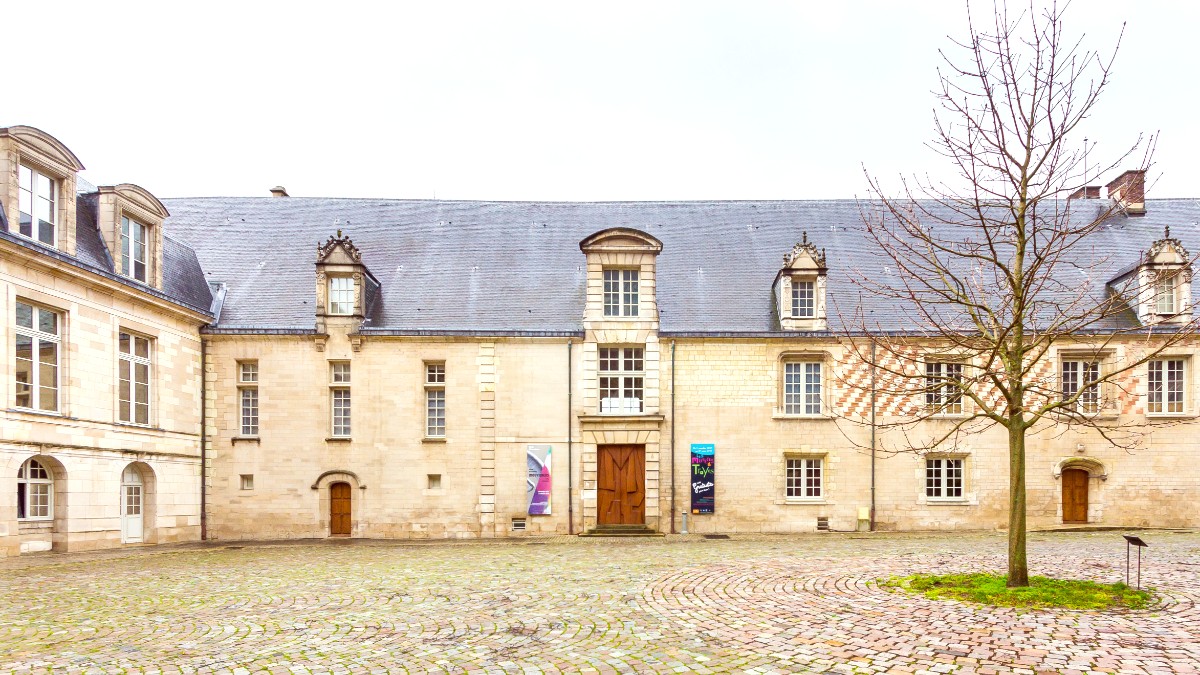
Champagne, France
Parc Naturel Régional de la Forêt d'Orient is a protected area. It highlights conservation for its forests, lakes, and birdlife.
France has recycling systems. Look for separate bins for paper/cardboard, plastic/metal, and glass.
Be mindful of your water usage. Take shorter showers, turn off taps, and report leaks.
Minimizing your environmental footprint is a significant aspect of responsible travel.
Consider carbon offsets for your flights. Many airlines present this option during the booking process. These offsets fund projects that reduce greenhouse gas emissions elsewhere.
Utilize trains and public transport (buses) over individual car travel where possible. Trains are generally more energy-efficient per passenger than driving.
Look for accommodations that demonstrate environmental commitments. Some hotels may display eco-labels or state their practices.
When booking tours, especially for the Champagne region, ask if the operators prioritize sustainable practices.
Embrace practices that minimize waste and support ethical consumption during your visit.
Carry a reusable water bottle and shopping bag to minimize single-use plastics.
Explore reusable productsBuy groceries and supplies from local markets. Support local producers directly.
Support conservation through shoppingYour choices contribute to the well-being of the environment and community.
Ensure your visit fosters positive interactions and cultural respect.
Troyes has undertaken significant work in preserving its medieval half-timbered architecture and its collection of stained glass.
Learn and use basic French phrases. Be patient and polite in all interactions. French communication can sometimes appear more direct.
Photography is generally acceptable in public spaces. Be mindful and respectful when photographing people.
Be discreet when photographing in religious sites or private businesses. Look for signs.
It is polite to ask for permission before taking close-up photos of individuals, specifically children.
Photography may be restricted or forbidden in some museums or religious sites. Always respect these rules.
Your actions reflect on visitors as a whole. Be a positive example.
Your visit can have a positive economic impact on the local community.
Seek out and support local, independently owned businesses, including restaurants, cafes, shops, and tour operators.
When shopping for souvenirs or gifts, look for "produit local" (local product) or "fait main" (handmade) labels.
Dine at family-run restaurants and cafés rather than international chains. These establishments often present authentic regional cuisine.
Choose family-run restaurants for authentic cuisine. Contribute to Troyes' unique character.
Buy groceries, snacks, and supplies from local markets like Les Halles.
Whenever possible, opt for small shops over large supermarkets for daily needs.
Be wary of informal tours that seem unusually cheap; they may not adhere to ethical labor practices or proper regulations. Choose reputable, licensed businesses. Do not engage in begging or give money directly to beggars. If you wish to help, donate to reputable local charities that support social welfare programs in the community.
If you wish to donate, research and contribute to established local charities that focus on social welfare, cultural preservation, or environmental protection in Troyes or the Aube department. The Troyes City Hall or Tourist Office might offer guidance on reputable local organizations.